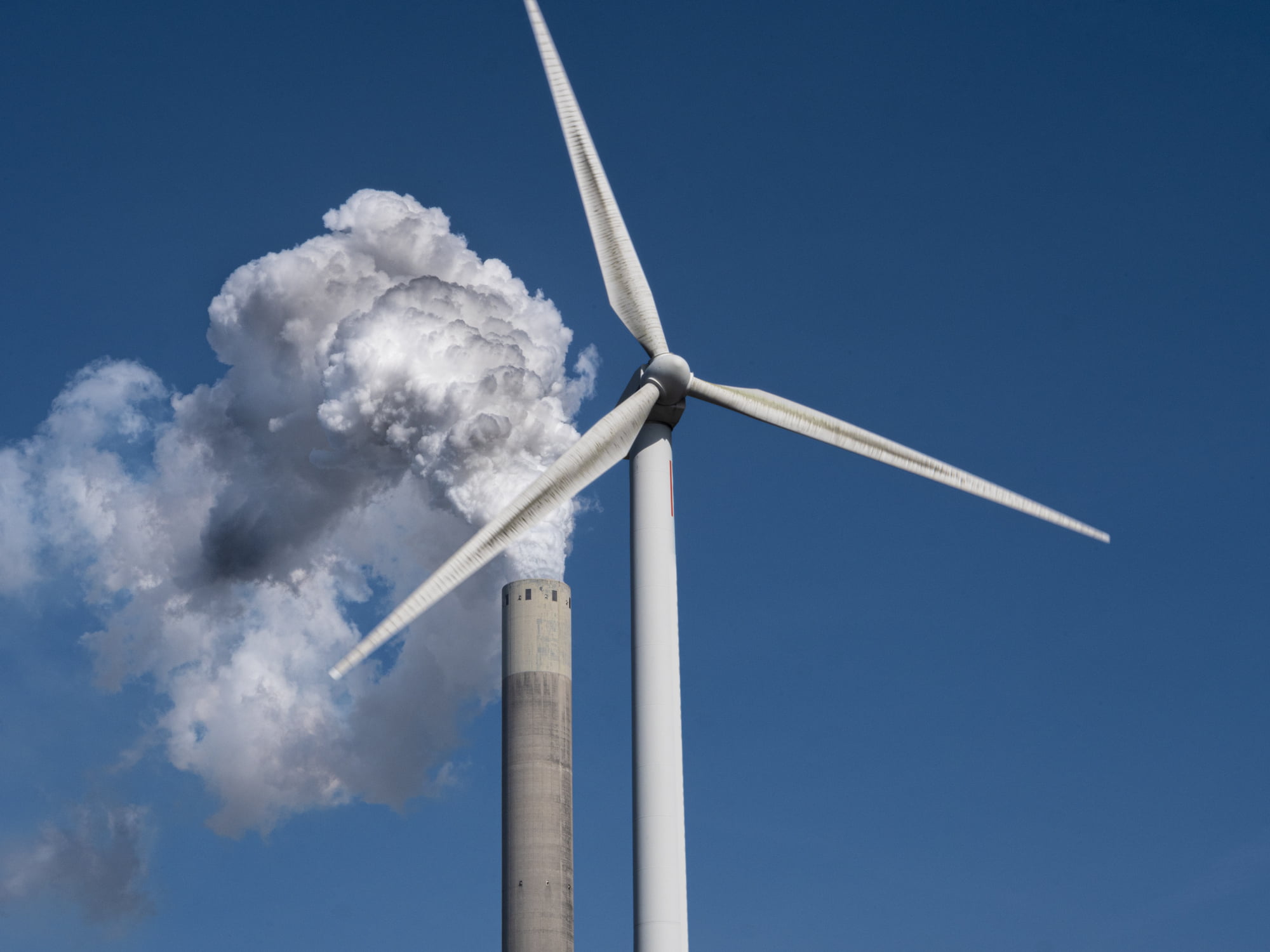In the transition to net zero, the G7 leaders confirmed that technological advancements must be supported by relevant policies, with the most urgent and polluting sectors and activities tackled as a priority.
In energy, they reconfirmed intentions to increase energy efficiency, accelerate the roll-out of renewable and other zero emissions energy, reduce waste and leverage innovation.
In transport, they committed to scaling up zero emission vehicle technologies, acknowledging that the pace of the decarbonisation of the road transport sector must dramatically increase this decade. The G7 leaders also agreed to follow the UK’s lead in the phase-out of sales of petrol and diesel vehicles, however they did not commit to a timeline.
In homes and buildings, the leaders recognised the “need for an urgent step change” in the uptake of renewable heating and cooling systems, as well as a reduction in energy demand. They also welcomed the Super-Energy Efficient Equipment and Appliance Deployment (SEAD) initiative’s goal of doubling the efficiency of lighting, cooling, refrigeration and motor systems sold globally by 2030.

